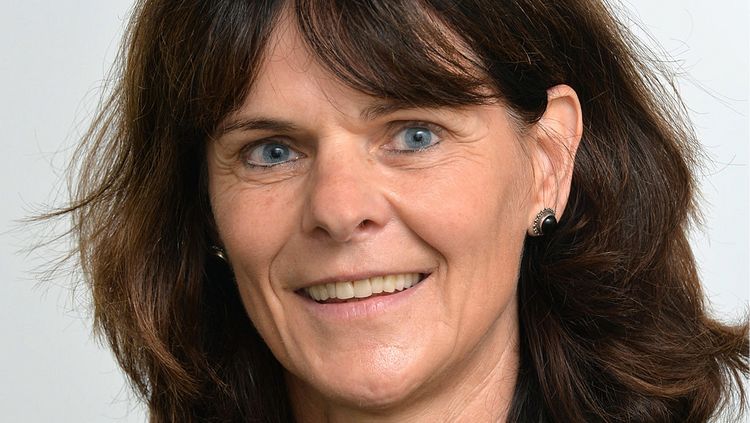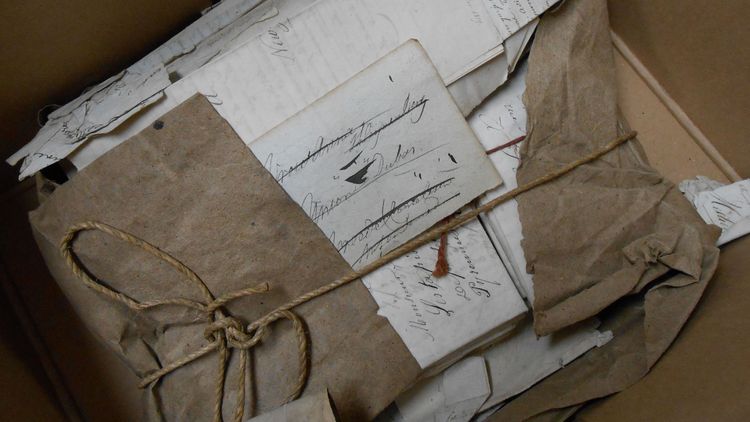As of 2018 Oldenburg University will take over the academic implementation of a project that has been included in Germany's largest research programme in the humanities: the "Prize Papers" project has been admitted to the Academy Programme, which is financed by the German federal and state governments.
Led by Oldenburg historian Prof. Dr. Dagmar Freist, the research project will be launched in January 2018 under the aegis of the Göttingen Academy of Sciences and Humanities. Its objective is to sort, digitise and publish the "Prize Papers" – a collection of documents from the early modern period that lay forgotten for many years. The project will receive 9.7 million euros in funding, with a planned duration of 20 years.
"The admission to the Academy Programme is a great accolade. I am delighted that the intensive preparatory work of our historians has received this extraordinary recognition, and that the long-term future of the project is now secure," said University President Prof. Dr. Dr. Hans Michael Piper. Project manager Professor Freist added: "The Prize Papers are a unique historical collection. They are virtually untouched and can tell us much about the real lives of people in the early modern period. As a historian I feel particularly honoured to be allowed to unearth this treasure with my team."
The Prize Papers are held at the British National Archives in London. The papers – which include unopened letters, diaries, journals, logbooks, administrative records, cargo lists and other documents – date back to the times of the maritime wars between 1600 and 1817. During those times, when a vessel was captured the capturers would seize and secure all the papers on board in order to prove in court that the captured ship and her cargo belonged to the enemy. Once the proceedings before the High Court of Admiralty in London had concluded, the papers, together with the court records, were stored at the Tower of London – and lay forgotten there for many years. At the start of the 20th century archivists rediscovered the papers, which were completely unsorted, but failed to recognise their potential. The systematic viewing and sorting of the papers did not begin until 2012, when Freist and her team came across them while working on a European network research project.
Admission to the Academy Programme opens up new possibilities for the project. Over the next 20 years a fixed, three-member team of researchers as well as nine junior researchers on a temporary basis, project photographers and students will sort the Prize Papers, digitise them and set up a database to make them available for scientific research and the public. The collection comprises more than three million documents seized from 28,000 captured Dutch, Portuguese, Italian, French and German ships. It is deemed unique in terms of both size and diversity. Several institutions are cooperating with the project: the National Archives London, the German Historical Institute London, the German Maritime Museum in Bremerhaven, the National Museum of Denmark in Copenhagen and the Head Office of the GBV Common Library Network.
About the Academy Programme:
The Academy Programme is Germany's largest research programme in the humanities and social sciences. Its mission is to develop, safeguard and preserve our cultural legacy. It is coordinated by the Union of the German Academies of Sciences and Humanities, the umbrella organisation of the eight German academies of sciences and humanities. The programme manages almost 65 million euros in research funding and encompasses some 150 projects with around 900 employees.


